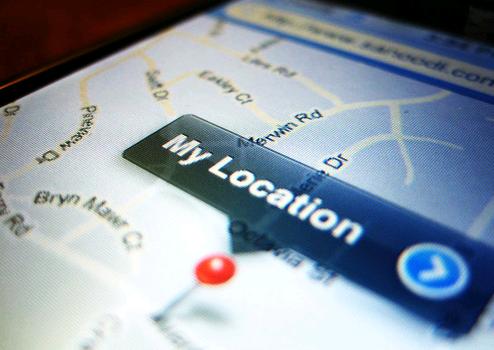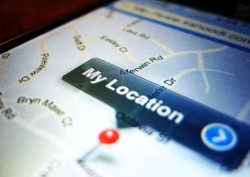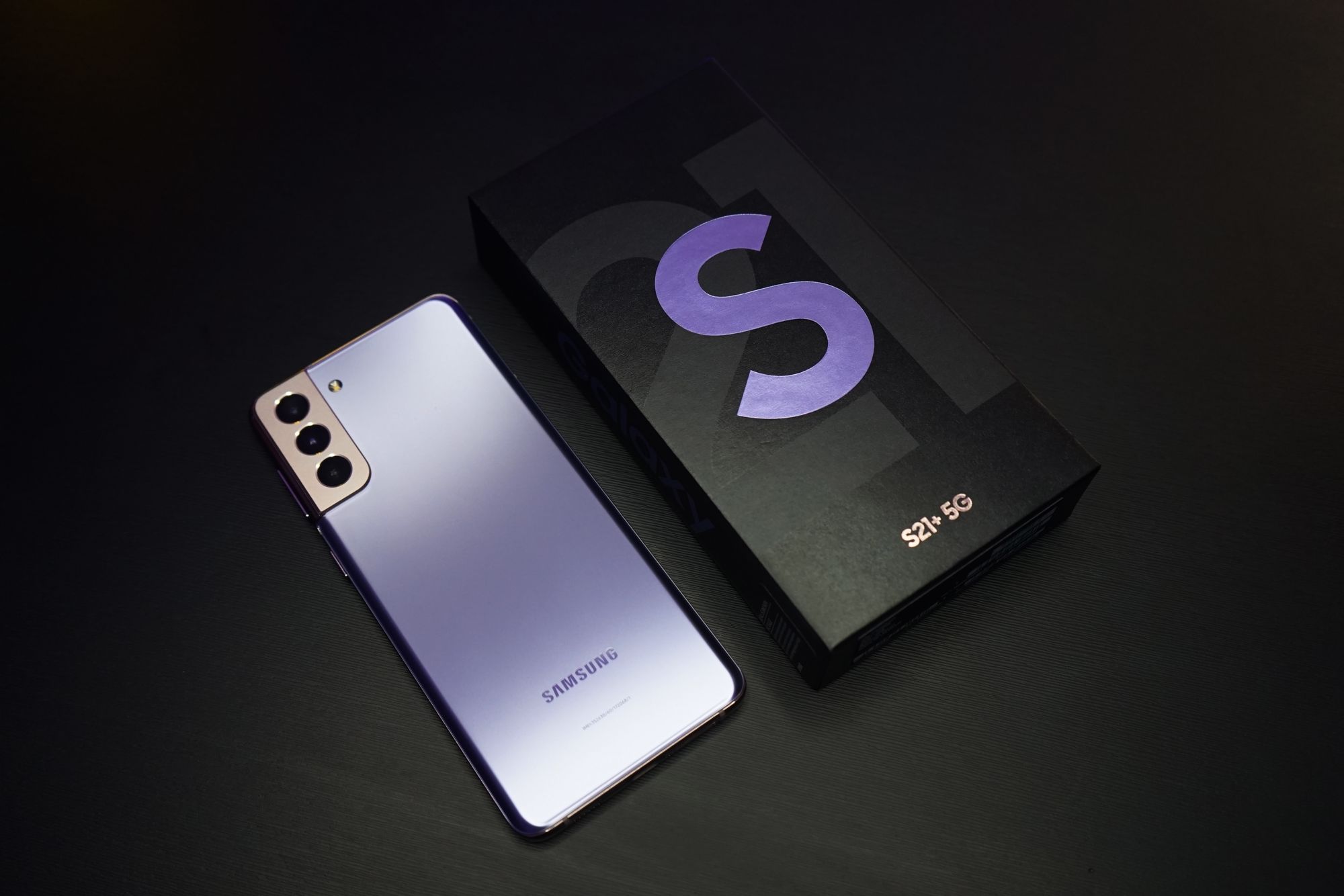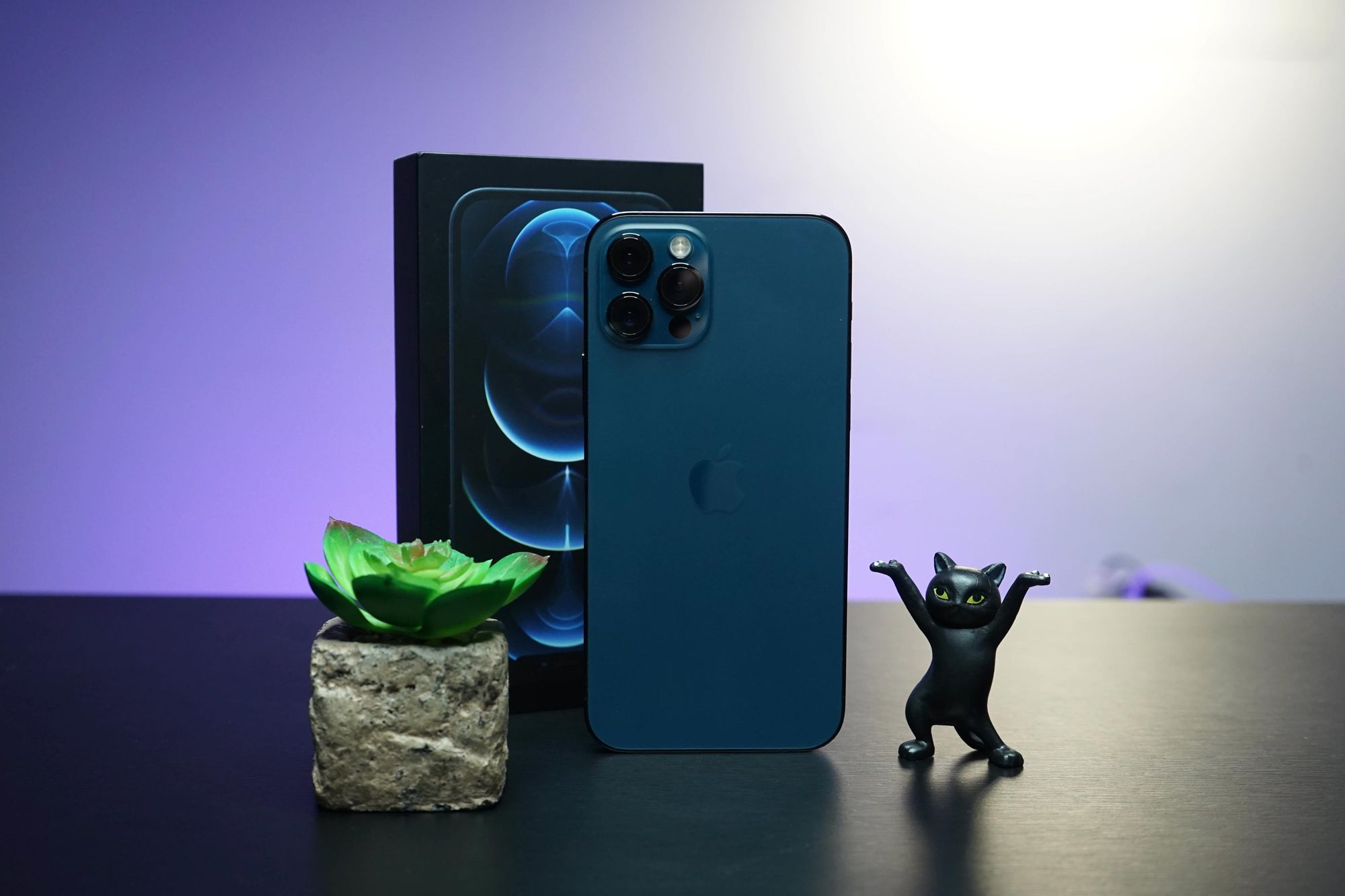What Warrantless Access To Location Data Means For You

 The US Constitution has no express right to privacy, but the issue comes up several times in the Bill of Rights. While there is no specific right to privacy, the general agreement with government has always been that police can’t just do whatever they want – they need a probable cause and a warrant before they start shredding privacy. Sure, there are lots of exceptions, like sobriety checkpoints, that allow police to bypass the judicial process. But as long as you avoid driving drunk (or being an Asian American during World War II), you could have a general expectation of privacy as an American.
The US Constitution has no express right to privacy, but the issue comes up several times in the Bill of Rights. While there is no specific right to privacy, the general agreement with government has always been that police can’t just do whatever they want – they need a probable cause and a warrant before they start shredding privacy. Sure, there are lots of exceptions, like sobriety checkpoints, that allow police to bypass the judicial process. But as long as you avoid driving drunk (or being an Asian American during World War II), you could have a general expectation of privacy as an American.
But it looks like those days may be gone.
Today, nearly everyone is carrying a precise location tracking device in their pocket all the time. We carry these devices voluntarily, even though we know the government can access our location data at any time without a warrant, and use that data as evidence in criminal investigations.
Can you imagine trying to explain this to the men who wrote the Constitution?
 When I was a kid, I remember having a transparent Habitrail and a couple of hamsters. It was cool because no matter where the hamsters went, I could watch their every move. I always knew exactly where they were, and what they were doing.
When I was a kid, I remember having a transparent Habitrail and a couple of hamsters. It was cool because no matter where the hamsters went, I could watch their every move. I always knew exactly where they were, and what they were doing.
If you’re a suspect in a criminal investigation, it’s likely that your cell phone company is handing your location data over to police. Cops don’t even have to attach anything to your car anymore, which is good for them because they need a warrant to do that.
You might be thinking, “Okay, I’m not a criminal. Who cares if the police are tracking my every move? I have nothing to hide.”
I beg to differ.
Are you dating or married to a police officer or government employee who might get jealous and track you? Or perhaps you’re friends with the spouse of a police officer who might start to track you. It sounds crazy, but being a police officer today means you’re just a phone call away from tracking anyone in the country for any reason, without a probable cause warrant.
But it doesn’t end there.
After a few years, police will not only have the ability to track anyone – they’ll also start to think that they have the absolute right to track everyone. This will lead to implied guilt when location data is unavailable.
Ten years from now, anyone who turns off their phone, or leaves it at home, is clearly doing something illegal and trying to hide what they’re up to.
Yes, some juries will convict based on this kind of circumstantial evidence. Perhaps even you would.
I don’t know about you, but I don’t want to live in that kind of America. The Supreme Court is our last line of defense against a police state. The government doesn’t need to know where I am or what I’m doing without probable cause.
I’m not a hamster, and America isn’t a Habitrail.




